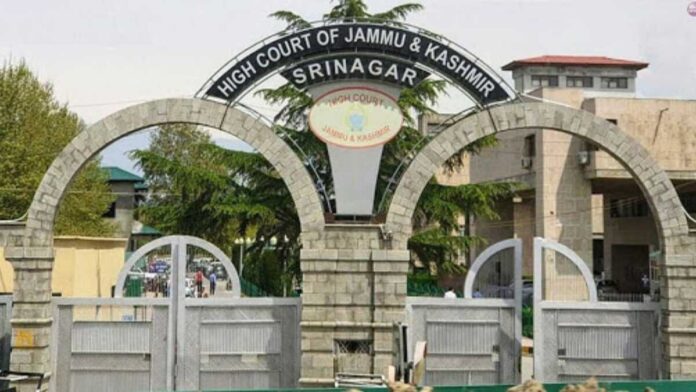The High Court of Jammu & Kashmir and Ladakh at Srinagar has held that a mother-in-law cannot maintain an appeal under Section 29 of the Protection of Women from Domestic Violence Act, 2005 (DV Act) unless she qualifies as an “aggrieved person” under Section 2(a) or is otherwise a party to the original proceedings. The
To Read More Please Subscribe to VIP Membership for Unlimited Access to All the Articles, Download Available Copies of Judgments/Order, Acess to Central/State Bare Acts, Advertisement Free Content, Access to More than 4000 Legal Drafts( Readymade Editable Formats of Suits, Petitions, Writs, Legal Notices, Divorce Petitions, 138 Notices, Bail Applications etc.) in Hindi and English.




